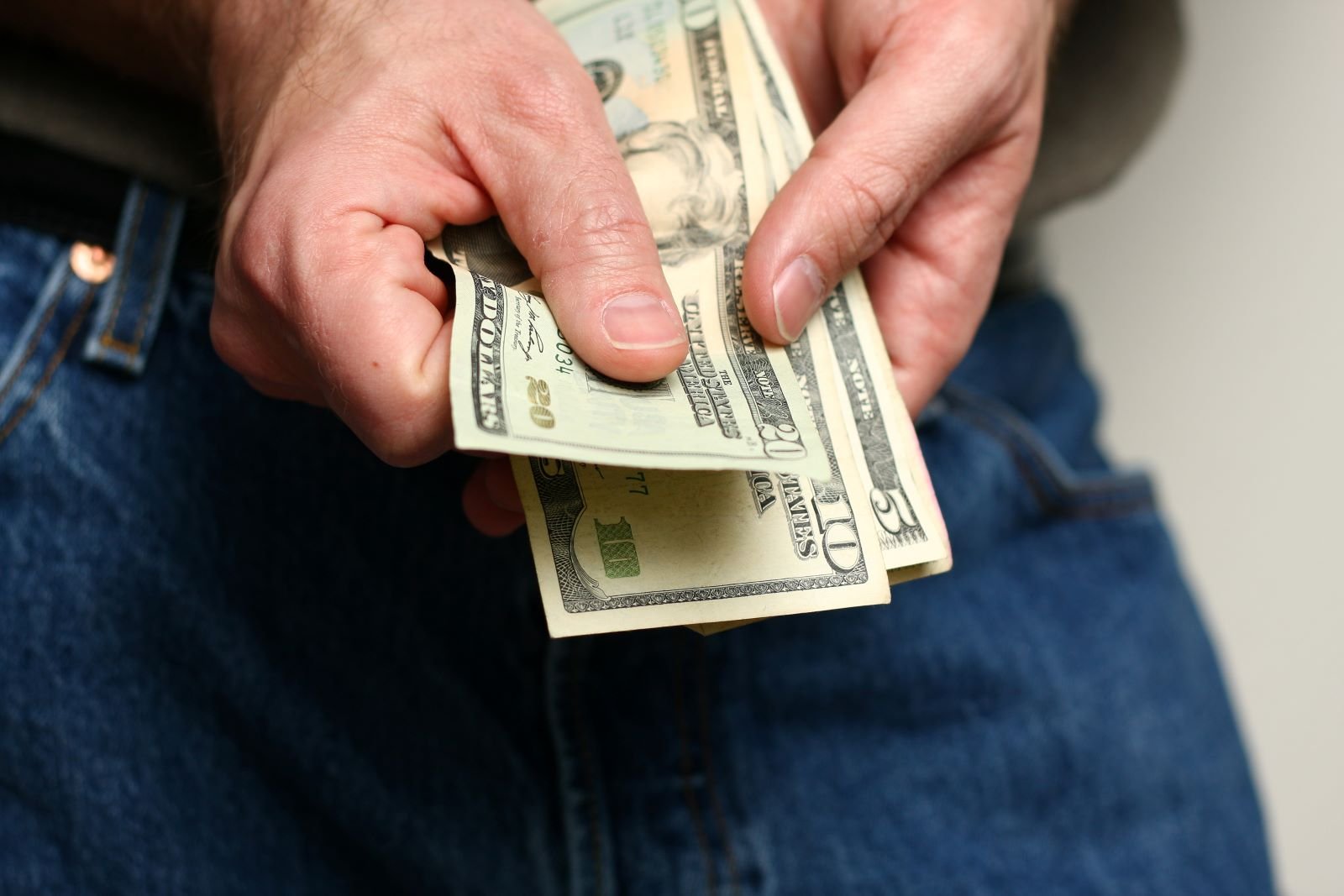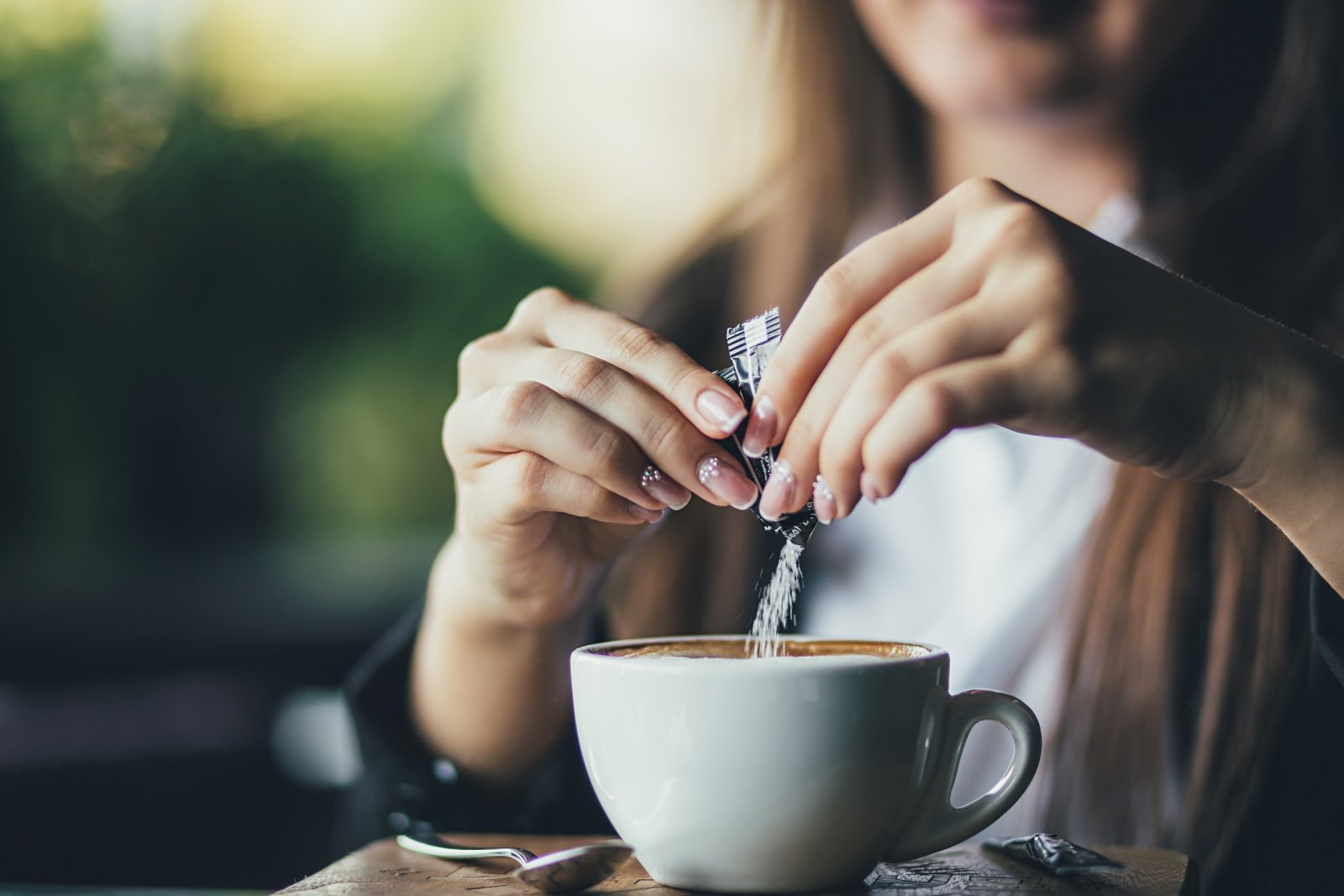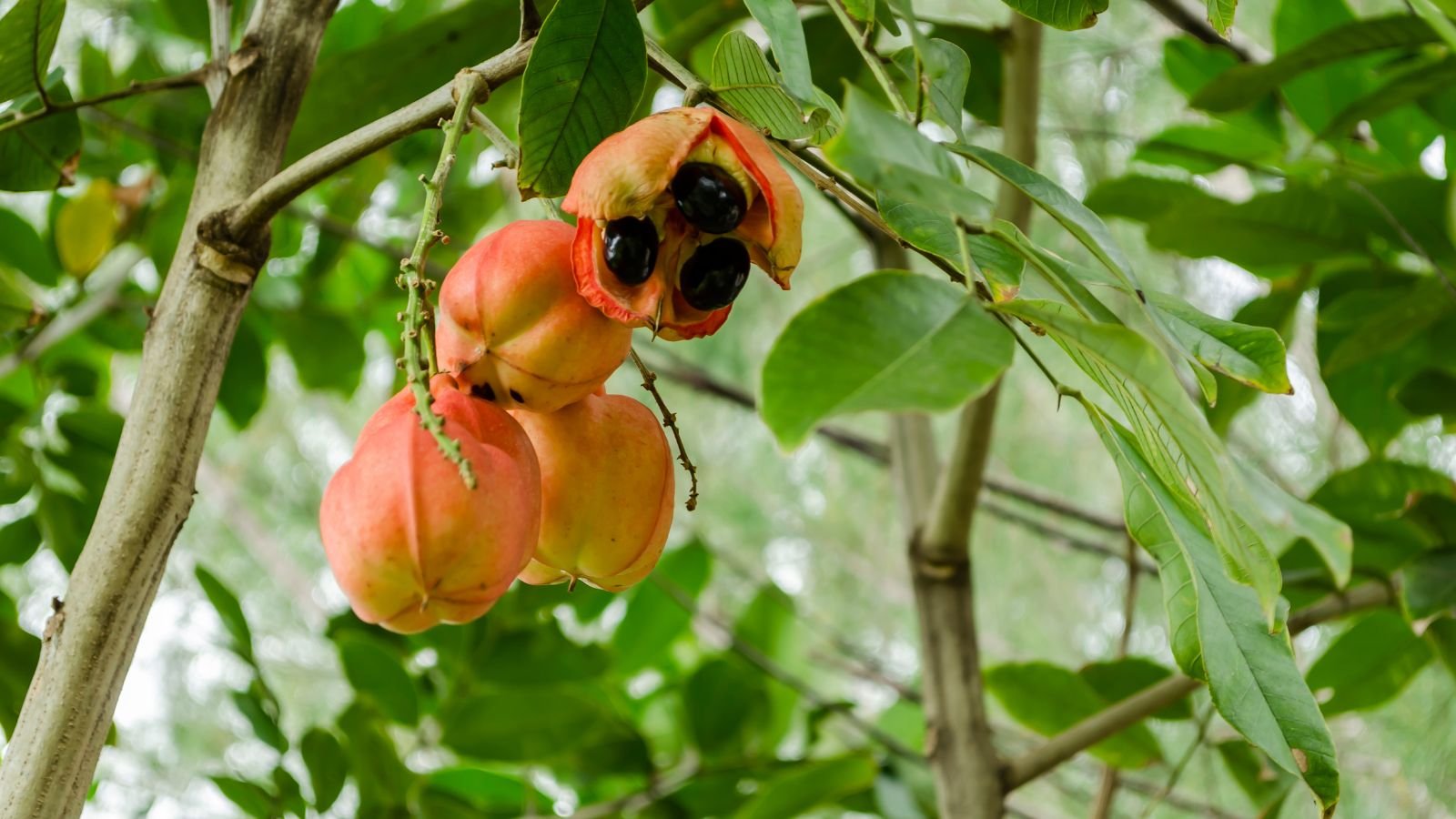The United States is a land of vast freedoms, but even liberty has limits. In this article, we will share some of the most bizarre and seemingly illogical bans that have been enacted across the US. Prepare to be surprised (and maybe slightly confused) by these weird, wonderful, and sometimes wacky things banned on American soil.
Raw Milk

In the US, safety concerns have led to restrictions on raw or unpasteurized milk. In 1987, the FDA outlawed selling raw milk across state lines to prevent the spread of dangerous bacteria. While some states allow on-farm sales or herd share agreements, raw milk remains unavailable mainly due to safety concerns.
Cadbury Dairy Milk Bar From Britain

Forget about finding a classic Cadbury Dairy Milk bar from the UK if you’re visiting the United States. A trademark dispute with Hershey’s in 2015 banned British-made Cadbury from import. As a result, the Cadbury bars available in the US are made with a different recipe, leaving fans of the UK version feeling shortchanged.
Shark Fin Soup

Shark fin soup, a prized dish in some cultures, comes at a cruel cost. The barbaric practice of “finning” involves slicing fins off sharks and discarding them while alive. This, coupled with declining shark populations, led to action.
In 2000, the US banned finning in its waters. Taking it a step further, a nationwide ban on the sale of shark fins was implemented in December 2022. Unfortunately, the high demand for shark fin soup continues to fuel a shadowy black market.
Beluga Caviar

For decades, Americans enjoyed a hefty share of the world’s beluga caviar, a luxurious treat. However, this indulgence came at a cost. By 2005, beluga sturgeon, the source of this prized fish egg, faced extinction due to overfishing.
The US Fish and Wildlife Service banned all import of beluga caviar and related products from the Caspian Sea region to protect the species. This action, though a blow to gourmands, was a critical step in protecting these magnificent creatures.
Butterfly Knives

Butterfly knives, or balisongs, are folding knives with two handles rotating around a central blade. They allow for impressive flipping tricks and swift opening and closing. However, their potential danger has led to varying regulations across states. In California, they are illegal under Penal Code 21510 PC, while in Hawaii, they are prohibited. States like Delaware, New Mexico, and Washington also ban butterfly knives.
Switchblades

Switchblades, or automatic knives, boast a rich history and a poor reputation. Following World War II, soldiers returning home introduced these knives to the US, where they became linked to postwar gangs. Movies like “West Side Story” solidified this image, portraying switchblades as the weapon of choice. A 1958 federal law restricted their sale and interstate transport.
Cuban Cigars

Cuban cigars, prized for their quality and craftsmanship, are a surprising addition to the list of banned items in the US. This stems from the Cuban trade embargo enacted in 1962 during the Cold War. The embargo restricted all sorts of trade with Cuba, and Cuban cigars, a source of revenue for the Cuban government, were included. Buying or selling Cuban cigars within the US remains illegal despite some temporary relaxations.
Kinder Surprise Eggs

With their hidden toys, Kinder Surprise eggs are a favorite treat worldwide. However, the US has banned them since 1938 due to choking concerns from the toy inside the chocolate. Ferrero, the manufacturer, offers Kinder Joy eggs instead. These have chocolate in one section and a toy in another, making them legal.
Color Photocopying Money

Color photocopying money is strictly prohibited in the US, even if the intention isn’t to counterfeit. Attempting to create a color copy of money violates federal laws. Modern US currency incorporates a secret security code called the Counterfeit Deterrence System (CDS), which prevents photocopiers, printers, and software from producing unauthorized copies.
Lawn Darts

Lawn darts, also known as “Jarts,” were a popular backyard game in the 1980s. However, their use has been strictly forbidden since 1987. The tragic incident that led to this ban involved a wayward projectile hitting the head of a seven-year-old girl, resulting in her death. As a result, lawn darts were removed from the market due to safety concerns. These heavy, pointed darts posed a significant risk, especially to children.
Mailbox Vandalism

Mailbox vandalism is a serious offense in the United States. Mailboxes are considered federal property. They are owned and maintained by the United States Postal Service (USPS). Tampering with or damaging them is a violation of federal law. If you vandalize a mailbox, you could face up to three years in prison or a hefty US$250,000 fine.
Haggis

Haggis, Scotland’s national dish, is banned in the US. This savory pudding, made with sheep organs, was outlawed in 1971 due to concerns about sheep lung disease. So, if you’re craving haggis, you’ll have to travel across the pond.
Pre-1985 Children’s Books

Children’s books published before 1985 are banned in the US due to potential lead contamination in the ink. This safety measure protects young readers from lead poisoning, a serious health risk. Luckily, libraries and collectors can still hold these older books but not sell them.
Cyclamate

Cyclamate was used as a sugar substitute in the mid-20th century. It sweetened beverages, desserts, and other foods without adding calories. The US Food and Drug Administration banned cyclamate in 1969. Research suggested a potential link between cyclamate and cancer. Despite the US ban, cyclamate remains legal in many other countries.
Ackee

Ackee, Jamaica’s national fruit, holds a special place in Jamaican culture and cuisine. This tropical delight is banned in the US due to a toxin called hypoglycin. Unripe ackee can trigger severe illness, even death. So, admire the ackee tree on vacation, but avoid this forbidden fruit back home.
